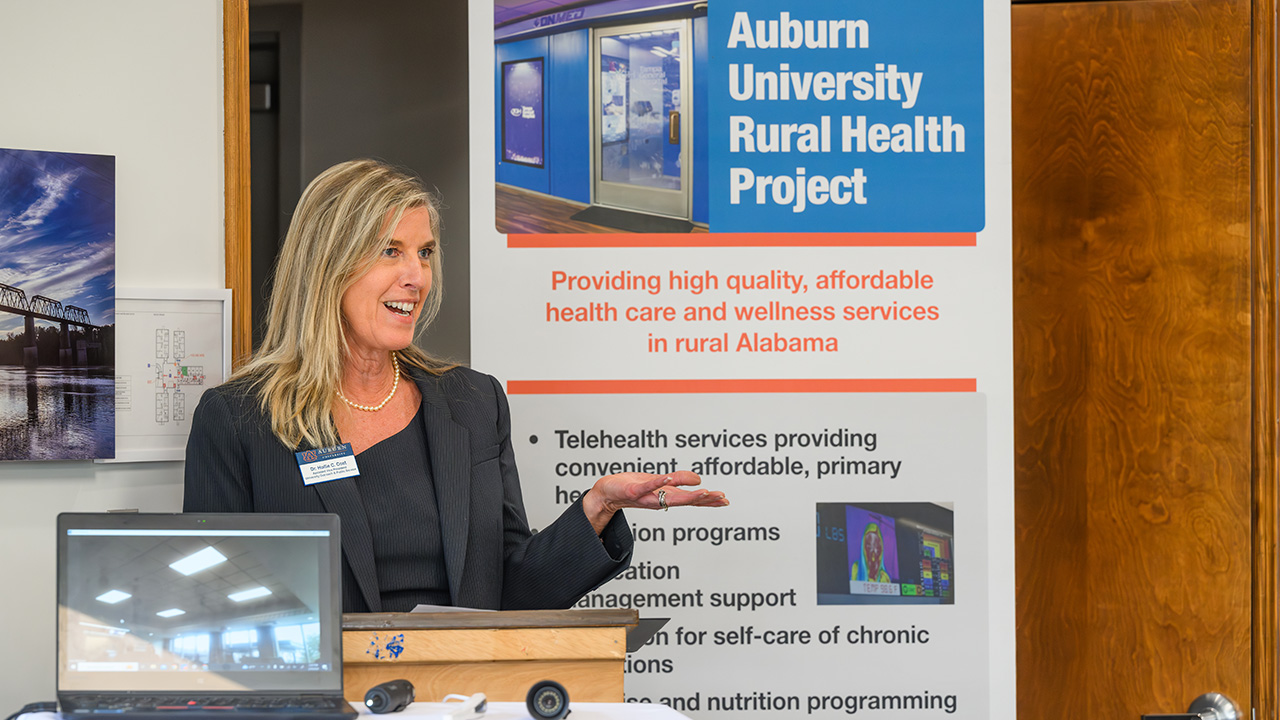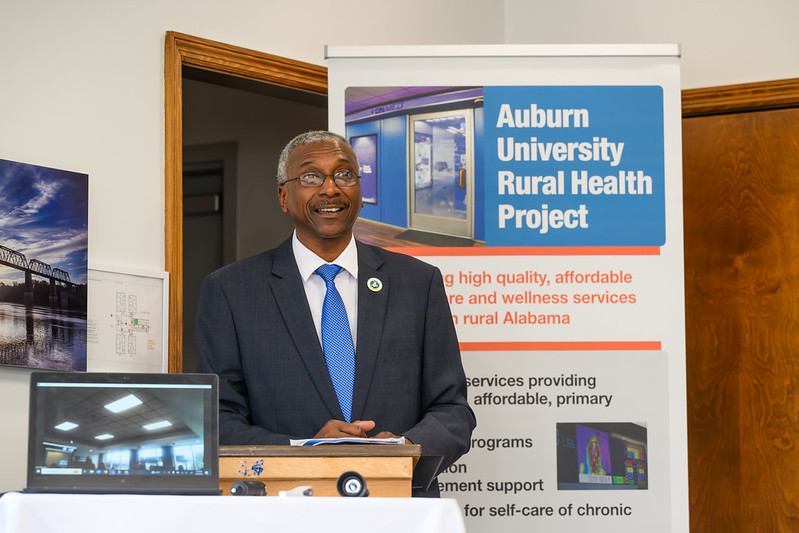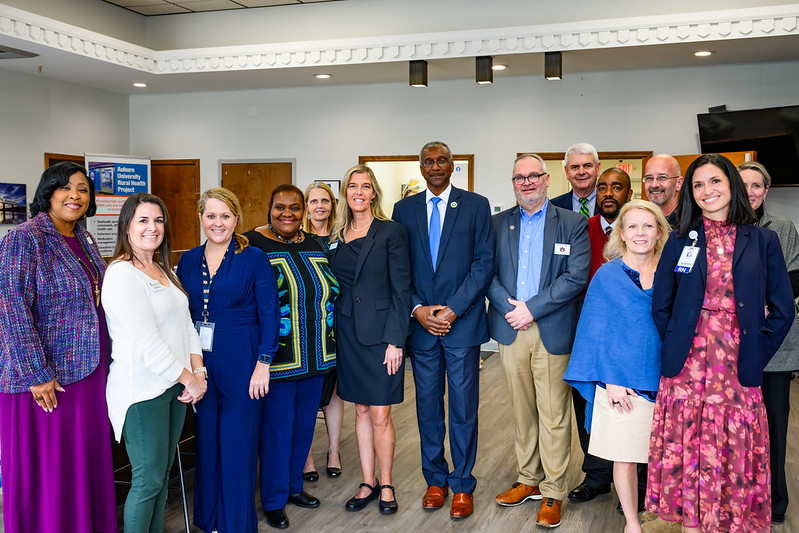content body
Dori Harmon, a resident of rural Lafayette, Alabama, started having severe headaches this past August. Her primary care physician ruled out problems with her heart, brain and spine, but couldn’t figure out why the headaches continued. When Harmon tried to get an appointment with a neurologist, she was told the wait was more than six months.
“I told my family, I can’t wait that long, my head is going to explode,” Harmon said. “I couldn’t brush my hair without severe pain.”
But just one visit to the OnMed Care Station at the Chambers County Community Health Center was all it took to turn things around.
“The doctor nailed it!” she said. “She got me the correct medication and advised me how to get an earlier appointment with the neurologist. I was able to start taking medication the same day, and I’m on the road to recovery.”
Not only was Harmon properly diagnosed and treated, but her appointment was affordable and her wait time short. Best of all, she didn’t have to travel more than a half hour out of town for medical care.
Convenient, affordable access to health care can change the lives of those living in rural communities, and Auburn University is on a mission to continue expanding that access throughout Alabama. The university’s Rural Health Initiative was recently awarded a Telemedicine Grant from the U.S. Department of Agriculture to install telehealth carts in 14 locations across the state, including four hub sites, where providers see patients remotely, and 10 community sites where patients can receive treatment.
Want to learn more about how Auburn is expanding access to health care for Alabamians across the state?
Read more about Auburn’s Rural Health InitiativeOnce installed, this equipment will increase health care access to more than 43,000 residents in nearly a dozen counties across the state, with opportunities for mental health care provided by Auburn University Psychological Services, substance use disorder treatment from UAB Beacon Recovery and primary care through East Alabama Medical Center-Lanier. Patients utilizing the telehealth carts will be supported by Alabama Cooperative Extension System staff, community health ambassadors and Auburn faculty and students on site.
“The funding the USDA is providing will help us continue to expand our Rural Health Initiative to more locations,” said Hollie Cost, assistant vice president for University Outreach and Public Service. “Alabama is the second unhealthiest state in the nation, and we want to make an impact and change that. With all the people here at Auburn who have that passion, in addition to the partnerships we are developing, I have every confidence we’re going to do that.”
Counties receiving telehealth equipment
- Barbour
- Bullock
- Chambers
- Clay
- Coosa
- Elmore
- Macon
- Randolph
- Tallapoosa
The lack of access to hospitals, mental health care and primary care in rural areas contributes to Alabama’s annual medical costs of $31.3 billion, with an additional $13.4 billion in lost employee productivity. Nivory Gordon, the Alabama state director of USDA Rural Development, is grateful for Auburn’s partnership in bringing health and wellness to residents of the state who need it most.
“To the Auburn Family, thank you for investing in your community,” Gordon said. “Realize the great impact these types of investments make on the lives of the people you’re serving. In Alabama, we’re going to do a better job, we’re going to work together and we’re going to make this a better place to live, so keep on doing what you’re doing.”







